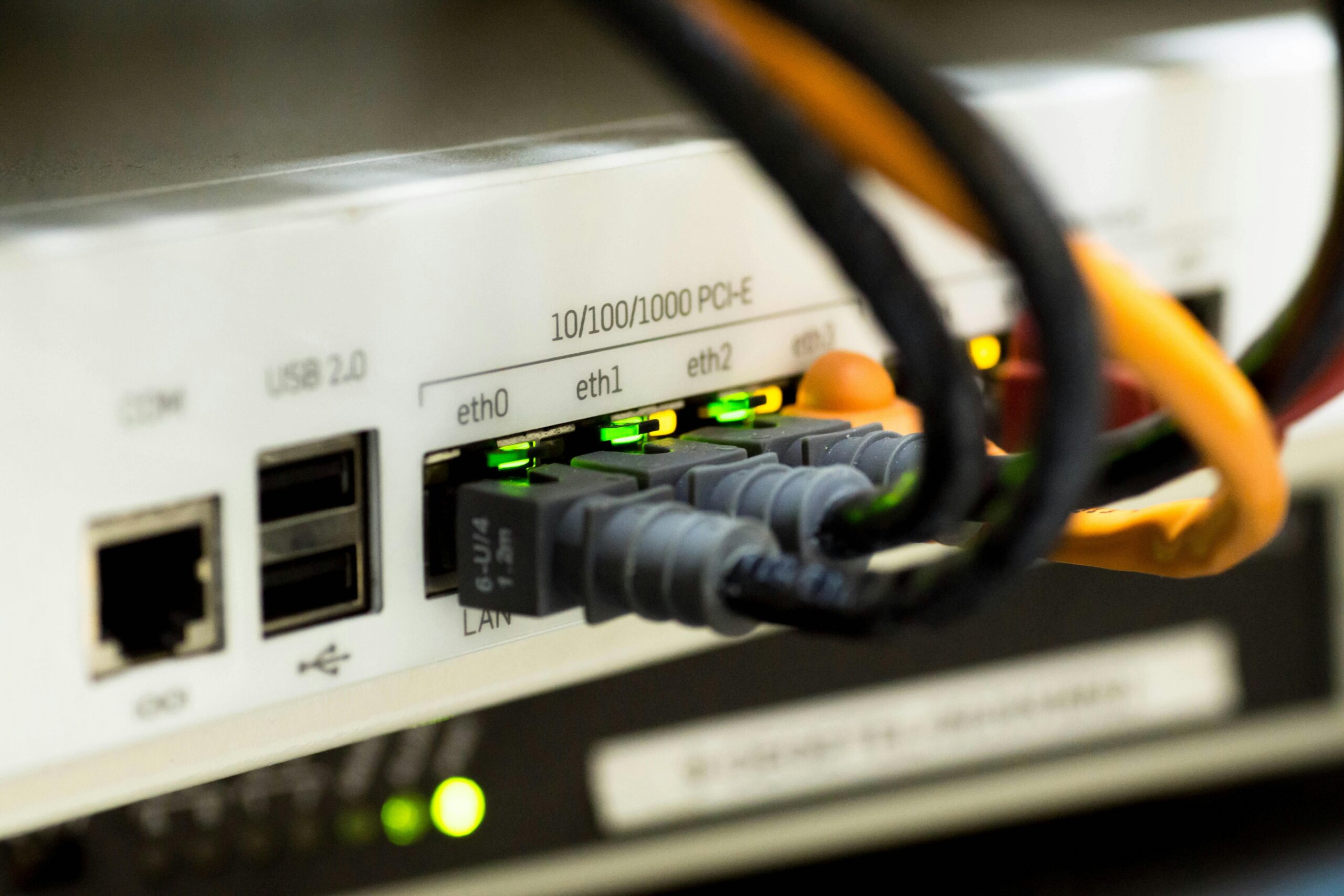An Erbium-Doped Fiber Amplifier (EDFA) is a type of optical amplifier that boosts the strength of light signals in fiber-optic communication systems without converting them to electrical signals. EDFAs are crucial for long-distance optical communication because they amplify weakened signals that have traveled over extended distances, allowing data to be transmitted over thousands of kilometers with minimal signal degradation.
How EDFA Works:
Doped Fiber:
- The core component of an EDFA is an optical fiber that has been “doped” (impregnated) with erbium ions (Er³⁺). Erbium is a rare-earth element that has unique properties which allow it to amplify light when stimulated.
Pump Lasers:
- The erbium-doped fiber is pumped by lasers, typically operating at wavelengths of 980 nm or 1480 nm. These pump lasers excite the erbium ions to a higher energy state.
Signal Amplification:
- When an optical signal (typically around the 1550 nm wavelength, used in most long-haul fiber-optic communication) passes through the erbium-doped fiber, the excited erbium ions transfer their energy to the signal, amplifying it. This process boosts the signal’s power without the need to convert it into an electrical signal.
Optical Transparency:
- The amplification process in EDFAs is optical, meaning the signal stays in the form of light, which preserves the speed and efficiency of the data transmission.

